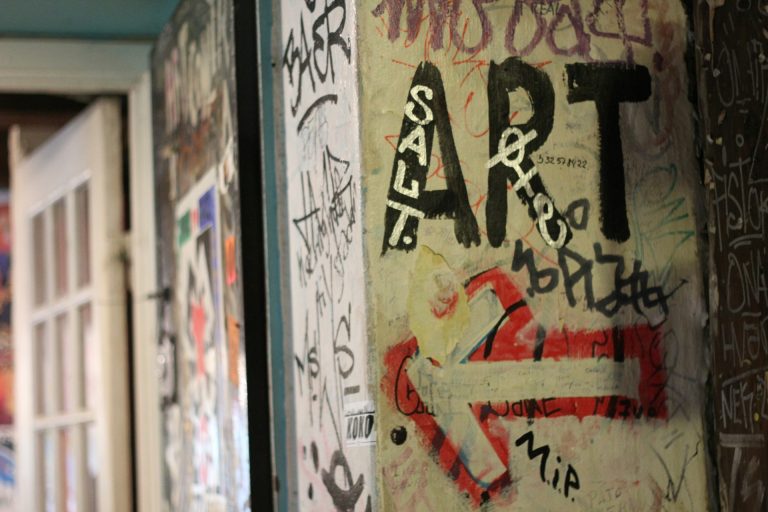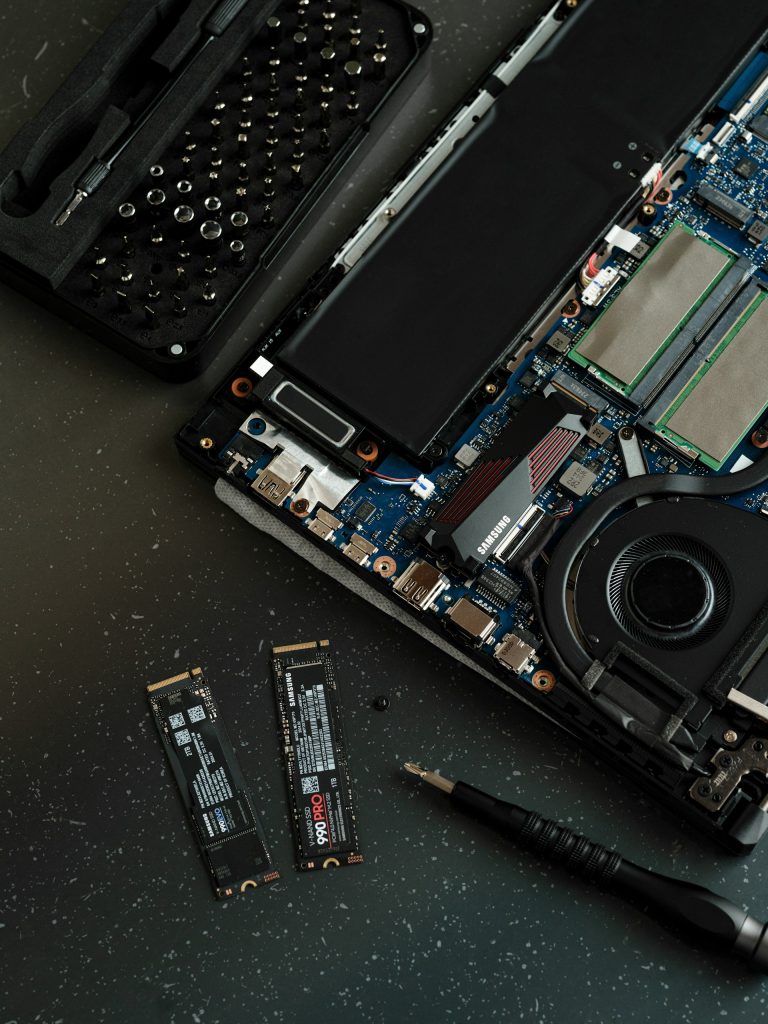“Quien enseña aprende al enseñar y quien aprende enseña al aprender”
Paulo Freire (1997: p.25). Pedagogía de la autonomía.
Saberes necesarios para la práctica educativa. México: Siglo XXI
Presentation
The Indaga-t Teaching Innovation Group (GIDCUB-13/087) of the University of Barcelona promotes the VI Conference on Pedagogical Relation in the University: The strength of inquiry and disruption in uncertain times, with the collaboration of the groups that have organized the previous editions: Elkarrikertuz of the University of the Basque Country, EMIPE (Equipo de Mejora Interdisciplinar de Prácticas Educativas) of the Autonomous University of Madrid and CREARI Grup de Recerca en Pedagogies Culturals (GUB 2013-103 ) Of the Universitat de València.
The Conference will be held at the University of Barcelona on September 6th and 7th, 2017.
It is foreseen that university researchers, institutional leaders, teachers and those who, from the educational and university perspectives, could be interested in analyzing the current situation, reviewing what has been done up to now, and especially managing future proposals .
This is a training activity certified by the Institute of Education Sciences of the University of Barcelona.
Programa
Wednesday September 6th 2017
9.00h
Collection of documentation and accreditation of participants
9.30h
Presentation of the seminars by representatives of the participating institutions and organizers
Juana M. Sancho
Coordinator of Esbrina-Indaga-t
Paulino Carnicero
Director of the Department of Didactics and Educational Organization
José Luis Medina
Director’s delegate for ‘Recerca, Innovació i Millora de la Docència i l’Aprenentatge’
10.00h
First Session of Communications and Debate: Who are the others in the pedagogical relationship (first part)
Coordinator
Fernando Herraiz García
Universitat de Barcelona
Rapporteurs
Ricardo Domínguez Ruiz (Universitat de València) and Rosa Mª Esteban Moreno (Universidad Autónoma de Madrid)
Return
José Miguel Correa Gorospe
Universidad del País Vasco
Papers:
Entornos educativos de complicidad entre alumnado y profesorado en la realización de la tesis doctoral
María José Gómez Aguilella and Ricard Huerta Ramon
Universitat de València
Los “otros” en algunos imaginarios y representaciones de la formación inicial del profesorado
Carme Molet, Dànae Quiroz, Olga Bernard, Laura Salavatierra
Universitat de Lleida
Las relaciones pedagógicas en la construcción de las trayectorias vitales
Judith Arrazola-Carballo, Universidad de Barcelona; Juan Llanes-Ordóñez, Universitat Internacional de Barcelona; A. Sánchez-Martí, Universitat Autònoma de Barcelona
Los otros en una relación pedagógica para el cuidado
Mari Carmen Olivé and Ana Martínez
Universitat de Barcelona
11.30h
Break
12.00h
First Session of Communications and Debate: Who are the others in the pedagogical relationship (second part)
Papers:
Experiencias, formaciones y construcciones con lxs otrxs
Sandra Martínez Pérez, Susana Orozco Martínez and Amparo Chumacero Ruíz
Universitat de Barcelona
Breve ensayo de mapeo de relaciones pedagógicas en el proyecto Show Your Own Gold
Carlos Canales
Universitat de Barcelona
Relaciones pedagógicas y competencias en el aprendizaje con Objetos Digitales y Visuales. Implementando la filosofía Do It Yourself (DIY) con estudiantes de las Facultades de Educación y Bellas artes
Fernando Herraiz and Cristina Alonso
Universitat de Barcelona
The semester of Lost
Paulo Padilla Petry
Universitat de Barcelona
Actitudes de docentes y discentes ante la otra: la madre universitaria
Amparo Alonso-Sanz
Universitat de València
13.45h
Lunch
15.00h
Conversation space: “What makes us continue enthusiastically, despite the current situation of the University”
Juana M. Sancho
Universitat de Barcelona
Estíbaliz Aberasturi
Universidad del País Vasco
Amparo Alonso
Universitat de València
Raquel Miño
Universitat de Barcelona
16.30h
Second Session of Communications and Debate: Disruptive Practices in Pedagogical Relations (first part)
Coordinator
Germán Navarro Espinach
Universidad de Zaragoza
Rapporteurs
Paloma Rueda Gascó (Universitat de València) and Aingeru Gutierrez-Cabello (Universitat del País Basc)
Return
Maria Domingo Coscollola
Universitat Internacional de Catalunya
Papers:
El psicodrama como práctica disruptiva: por la concienciación y para el aprendizaje
Imanol Santamaría-Goicuria and Irantzu de Orbea
Universidad del País Vasco
@NeurohackersEdu: Compartir para aprender
Iolanda Nieves, Núria Tomàs and Noemí Royes
Neurohackers Education
Asteriscos que cuestionan los determinismos de género en el relato de una investigación sobre las experiencias de infancia
Carlos Canales and Carla Gallén
Universitat de Barcelona
Esculturas corporales sobre la Escuela Inclusiva en el grado Universitario de Educación Infantil
Irantzu de Orbea and Imanol Santamaria-Goicuria
Universidad del País Vasco
Esculturas corporales sobre Identidades múltiples y posiciones contiguas: Prácticas disruptivas y conocimiento dialogado en la formación de investigadores educativos Escuela Inclusiva en el grado Universitario de Educación Infantil
José Miguel Correa, Estitxu Aberasturi and Aingeru Gutiérrez
Universidad del País Vasco
Thursday September 7th 2017
9.30h
Review of the first day: Thoughts and questions raised
10.00h
Second Session of Communications and Debate: Disruptive Practices in Pedagogical Relations (second part)
Papers:
Aprender reflexionando desde el silencio, el objeto cotidiano y la visualización de una práctica de aula
Ricard Ramón Camps
Universitat de València
La cultura DIY en la universidad. De la propuesta del profesorado a la experiencia del alumnado
Pablo Rivera Vargas, Joan-Anton Sánchez Valero, Juana M. Sancho Gil
Universitat de Barcelona
11.30h
Break
12.00h
Third Session of Communications and Debate: The pedagogical relation in investigation projects
Coordinator
Joan-Anton Sánchez i Valero
Universitat de Barcelona
Rapporteurs
Paula Jardón Giner (Universitat de València) i Judith Arrazola Carballo (Universitat de Barcelona)
Return
Paulo Padilla Petry
Universitat de Barcelona
Papers:
Los coreógrafos invisibles: implicaciones pedagógicas de un proceso creativo
Constanza Brcnic, Albert Tola and Amalia Giannoutsou
Proyecto PI(E)CE
Desbordar la Universidad
Judit Vidiella
ERAM. Universitat de Girona
Entrecruzar miradas: Aprender a partir de proyectos de indagación en un curso de Visualidades Contemporáneas
Julia Gaitán and Fernando Hernández
Universitat de Barcelona
13.45h
Lunch
15.00h
Conversation space: “The students’ perspective on pedagogical relationships”
Marc Garcia Xaubet
Universitat de Barcelona
Ferran Sánchez Margalef
Universitat de Barcelona
Paula Lozano Mulet
Universitat de Barcelona
Cristian Soto Martínez
Universitat de Barcelona
Julia Gaitán Villasclaras
Universitat de Barcelona
16.00h
Fourth Session of Communications and Debate: The place of ‘not knowing’ in pedagogical relations
Coordinator
Vicente Alfonso Benlliure
Universitat de València
Rapporteurs
Ricard Ramon Camps (Universitat de València) and Aurelio Castro Varela (Universitat de Barcelona)
Return
Ricard Huerta Ramon
Universitat de València
Presentan:
Viaje al centro del no saber: las sensaciones corporales en el desarrollo del Trabajo Fin de Grado en Educación Social
Eider Gamboa Ruiz de Eguilaz, Asier Huegun Burgos, Pello Jauregi Etxaniz
Universidad del País Vasco.
Lugares de “no saber” de una docente novel
Judit Onsès Segarra
Universitat de Barcelona
19.00h
Feedback session by the people who have been rapporteurs.
A conversation with all the participants.
Coordinator
Cristina Alonso Cano
Universitat de Barcelona
Communications
We foresee the participation of a maximum of 50 participants. All participants are expected to submit a communication. Particular consideration will be given to submissions by working groups. The communications will be reviewed by the members of the Scientific Committee, who will approve them. There will be four different thematic sections to give consistency to the sessions as a whole. Each communication will be presented with a specific topic section that the participants can choose when sending the communication proposal. Once reviewed the communications will be placed on the web so that all the attendees can have them and read them before attending the Conference.
You can download all the papers from Google Drive.
Thematic sections
Since the beginning, we have tried to make these meetings a space to share and not a stage in which some talk and others listen. That is why the participants can access the communications in advance so they are able to actively participate in the sessions.
The four sessions of this conference are organized around four topics of debate:
- The pedagogical relationship in the projects of inquiry. Learning through projects can be a practice linked to a type of precarious work within the neoliberal ideology, but also as a way of learning that favors critical reflection, modes of participation and management based on the exchange and a way of knowing that favors creativity and establishing relationships.
- Disruptive practices in pedagogical relationships. A disruptive practice is one that questions initial expectations and opens paths of thinking and doing that question the hegemonic positions on learning and teaching. A disruptive practice may appear at a specific time or be part of a journey that invites us to think from another place of pedagogical relationships.
- Who are the others in the pedagogical relationship. The other of the pedagogical relationship is not just the student or the colleague that we share our experiences with or from whom we distance ourselves. The other has presence and absence beyond what seems obvious. It can travel through knowledge, rules, practices, inside and outside the university and imaginary, to name but a few of the places where the other is manifested or hidden.
- The place of ‘not knowing’ in pedagogical relationships. One of the fantasies of the disciplines related to learning and teaching is that everything can be predefined and measured. However, when we propose an activity or end a course, we realize that there is much of what we do not know about what ‘really’ students have been able to learn.
These thematic areas invite us to think from works of foundations or reflective experiences.
Organization of the Conference
From these questions, the temporary organization of the two hours for each theme is articulated as follows:
- Presentation of the session and participants by the coordinator (15 minutes).
- Presentation of each communication focused on the subject and in what has allowed you to think about writing the communication (5 minutes each). It is assumed that the attendees have read the communications before.
- Presentation of questions and reflections on the part of those who make the return and contributions of those who present the communications (40 minutes).
- Conversation open to all participants (40 minutes).
- Meanwhile, the people who act as rapporteurs will take notes to take to the closing plenary on the second day.
- It is important to follow this pattern so that the conference can promote listening, dialogue and learning together.
Note: The times, both of the organization of the Conferences and of the distribution in the subjects, are subject to change, as it depends on the number of communications in each of the thematic axes.
Deadlines for delivering communications
Communication delivery: July 9th, 2017
Notice of acceptance: July 15th, 2017
The communications must use the following template, and must be sent to esbrina@ub.edu
The organization will manage the conversion of some of the communications into articles to be published in a journal related to teaching at the university.
Date
September 6th and 7th 2017
Registration
Venue
Edifici Llevant, 2a planta
Departament de Didàctica i Organització Educativa, Aula 240
Facultat d’Educació
Universitat de Barcelona
Campus Mundet
Passeig de la Vall d’Hebron 171
Barcelona, CP 08035
Organizing committee
Aingeru Gutierrez-Cabello
Universidad del País Vasco
Amparo Alonso Sanz
Universitat de València
Anna Forés Miravalles
Universitat de Barcelona
Aurelio Castro Varela
Universitat de Barcelona
Cristina Alonso Cano
Universitat de Barcelona
Estíbaliz Aberasturi Apraiz
Universidad del País Vasco
Fernando Hernández Hernández
Universitat de Barcelona
Fernando Herraiz García
Universitat de Barcelona
Germàn Navarro Espinach
Universidad de Zaragoza
Joan-Anton Sanchez i Valero
Universitat de Barcelona
Joaquín Paredes Labra
Universidad Autónoma de Madrid
José Miguel Correa Gorospe
Universidad del País Vasco
Juana Maria Sancho Gil
Universitat de Barcelona
Judith Arrazola Carballo
Universitat de Barcelona
Paloma Rueda Gascó
Universitat de València
Paula Jardón Giner
Universitat de València
Paulo Padilla Petry
Universitat de Barcelona
Raquel Miño Puigcercós
Universitat de Barcelona
Ricard Huerta Ramon
Universitat de València
Ricard Ramon Camps
Universitat de València
Ricardo Domínguez Ruiz
Universitat de València
Rosa Mª Esteban Moreno
Universidad Autónoma de Madrid
Vicente Alfonso Benlliure
Universitat de València
Xavier Giró Gràcia
Universitat de Barcelona






